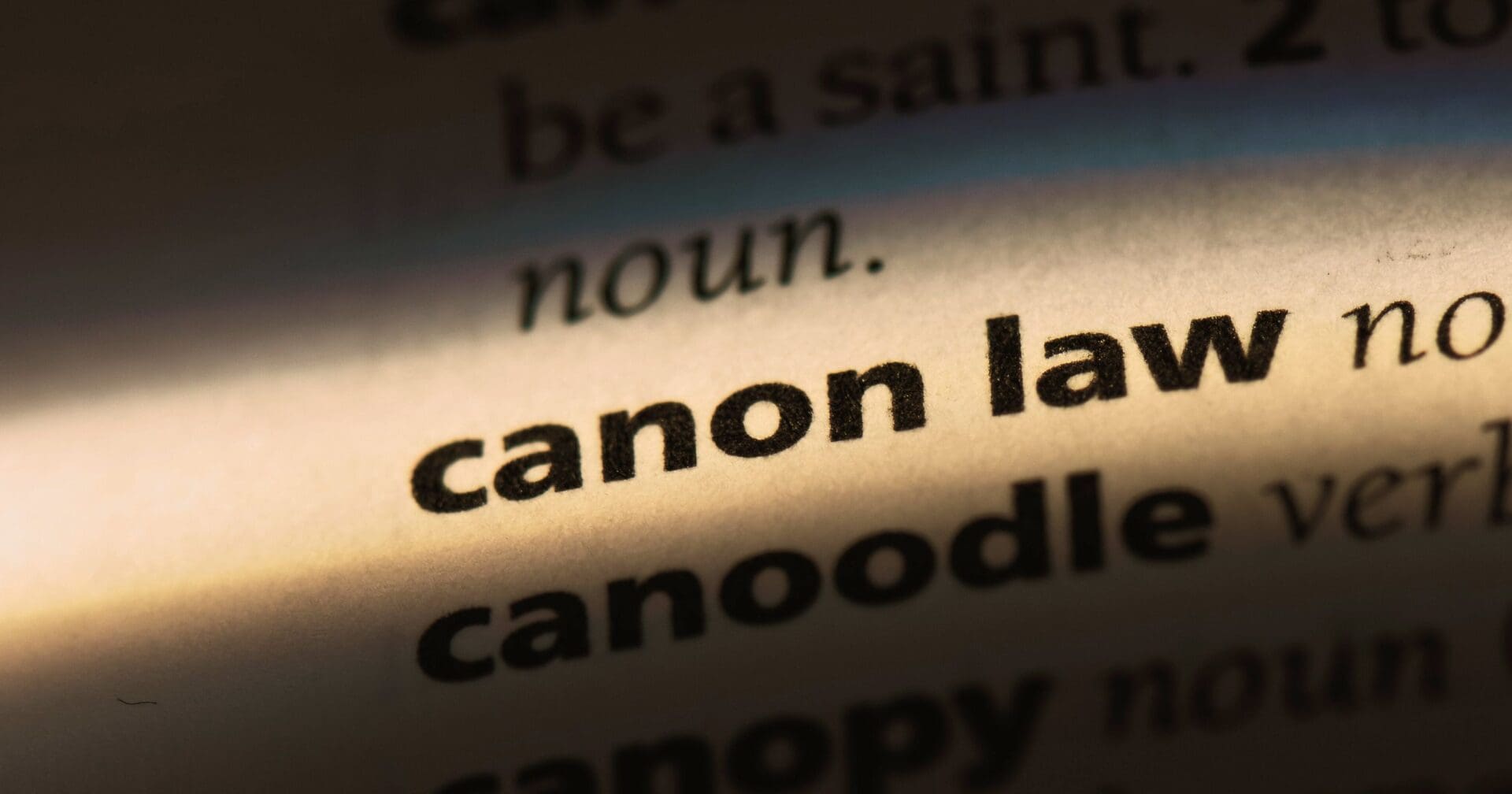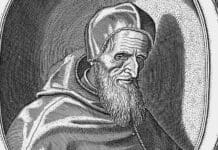The Vatican is considering defining “spiritual abuse” as a crime under Church law, following a directive from Pope Francis to examine this issue.
Currently, “false mysticism” is referenced in Church law related to alleged supernatural phenomena, such as apparitions or visions, but it is not classified as a specific crime.
The DDF’s new norms highlight the “particular moral gravity” of using mystical elements as a pretext for harm, viewing such acts as aggravating circumstances. Cardinal Victor Manuel Fernández, Prefect of the DDF, has stated the need to address spiritual abuse as a distinct offense.
A working group has accordingly been formed between the Dicastery for the Doctrine of the Faith (DDF) and the Dicastery for Legislative Texts to propose legal guidelines on this matter.
The working group, co-chaired by Bishop Filippo Iannone of the Dicastery for Legislative Texts, is tasked with refining ambiguous terms like “false mysticism” and proposing clearer legal definitions. The Vatican document notes that spiritual abuse often involves exploiting religious experiences to harm individuals.
Pope Pius XII’s 1956 encyclical Haurietis Aquas previously addressed false mysticism, rejecting spiritual practices that undermine Catholic doctrine. The Church now seeks a criminal classification to target modern instances of spiritual manipulation.
High-profile cases, such as allegations against ex-Jesuit Rev. Marko Rupnik, have intensified discussions on this issue. He was accused of abuse under the guise of spiritual justification, sparking renewed focus on legal protections against such acts.
Photo credit: Casimiro PT / Shutterstock.com



















